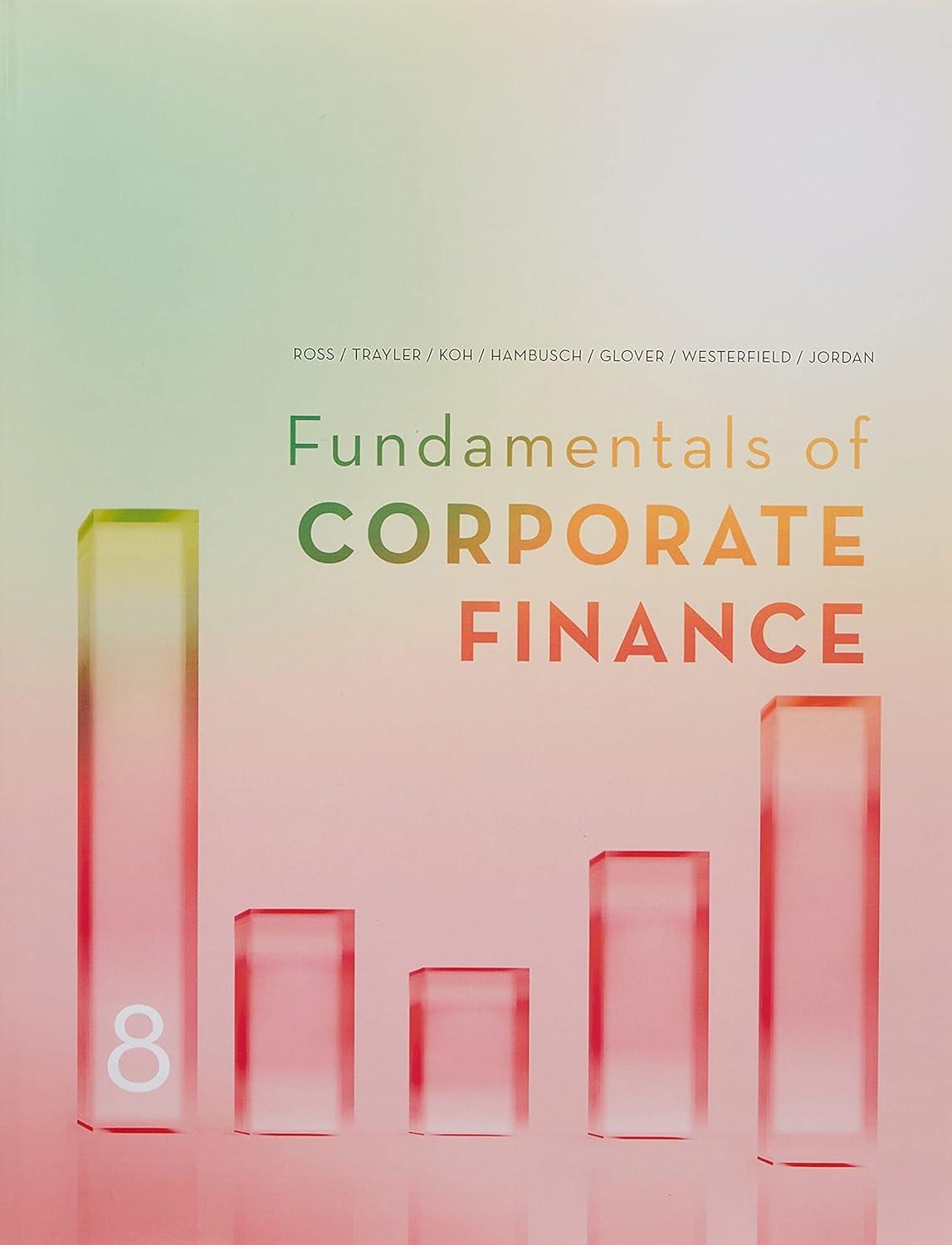4. Why do you suppose employee share options usually have a vesting provision? Why must they be...
Question:
4. Why do you suppose employee share options usually have a vesting provision? Why must they be exercised shortly after you depart the company even after they vest? As a new graduate, you have taken a management position with Exotic Cuisines Limited, a restaurant chain that just went public last year. The company’s restaurants specialise in exotic main dishes, using ingredients such as kangaroo, crocodile and emu. A concern you had going in was that the restaurant business is very risky. However, after some due diligence, you discovered a common misperception about the restaurant industry. It is widely thought that 90 per cent of new restaurants close within three years;
however, recent evidence suggests the failure rate is closer to 60 per cent over three years. So, it is a risky business, although not as risky as you originally thought.
During your interview process, one of the benefits mentioned was employee share options.
Upon signing your employment contract, you received options with a strike price of $55 for 10 000 company shares. As is fairly common, your share options have a three-year vesting period and a 10-year expiration, meaning that you cannot exercise the options for a period of three years, and you lose them if you leave before they vest. After the three-year vesting period, you can exercise the options at any time. Thus, the employee share options are European (and subject to forfeit) for the first three years and American afterward. Of course, you cannot sell the options, nor can you enter into any sort of hedging agreement. If you leave the company after the options vest, you must exercise within 90 days or forfeit any options that are not exercised.
Step by Step Answer:

Fundamentals Of Corporate Finance
ISBN: 9781743768051
8th Edition
Authors: Stephen A. Ross, Rowan Trayler, Charles Koh, Gerhard Hambusch, Kristoffer Glover, Randolph W. Westerfield, Bradford D. Jordan






